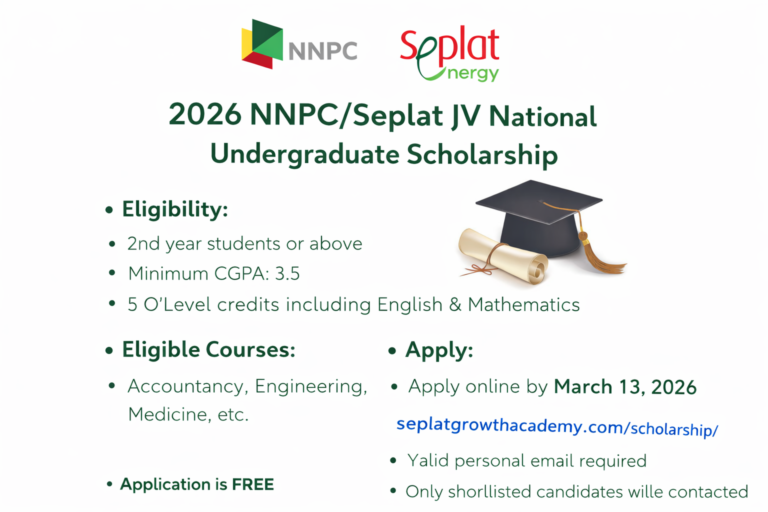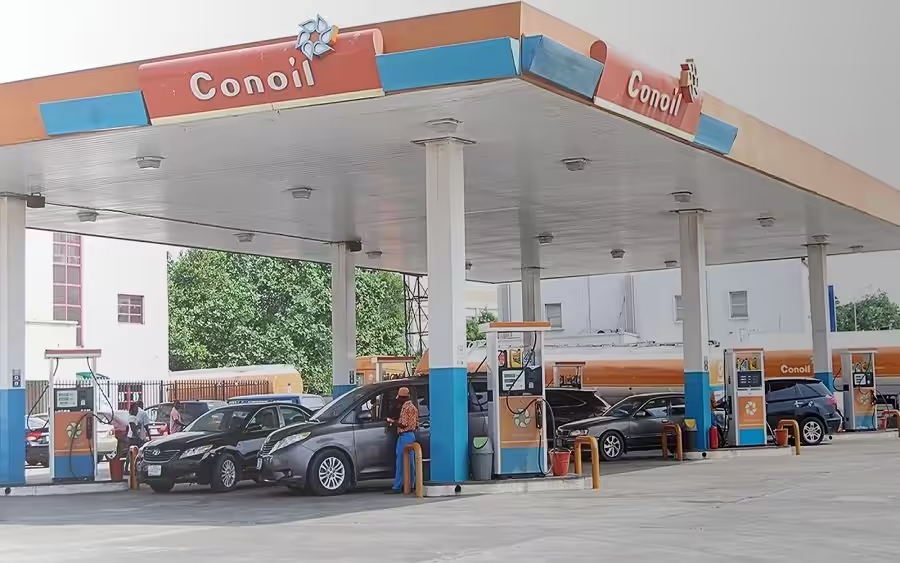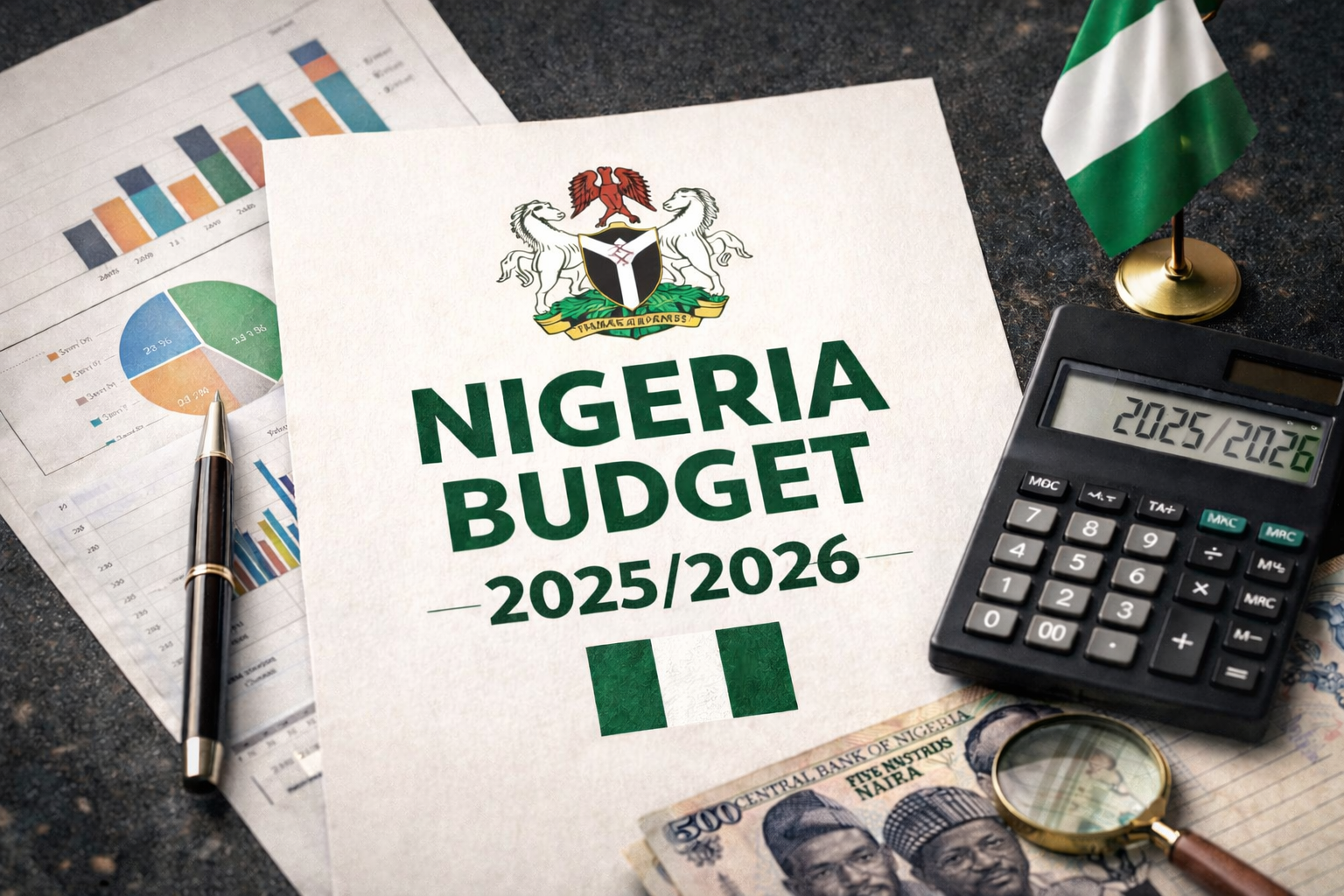The World Bank Group and the International Atomic Energy Agency (IAEA) have forged a landmark agreement to promote the safe, secure, and sustainable use of nuclear energy in developing nations. Signed on June 26, 2025, by World Bank Group President Ajay Banga and IAEA Director General Rafael Mariano Grossi, this partnership marks the World Bank’s first significant reengagement with nuclear power in decades.
This collaboration formalizes ongoing engagements between the two institutions over the past year. It reflects the World Bank’s new approach to electrification, prioritizing accessibility, affordability, reliability, and responsible emissions management.
Meeting Rising Energy Demands in the Global South
Electricity demand in developing countries is projected to more than double by 2035, driven by the need to power industries, healthcare, education, and infrastructure. The World Bank is embracing nuclear energy as a critical solution to meet these needs while aligning with national development goals and global climate commitments.
Also Read:
- IEA Directors Call For Greater Clean Energy Investment To Tackle Energy Security, Climate Crisis
- Nuclear Arms Race: UK to Buy 12 F-35 Stealth Jets Capable of Carrying Nuclear Warheads
- Current Energy Crisis Threatens Sustainability Of Renewable Energy Supply
- Trump Seeks 'real end' to Iran Nuclear Crisis as Israel Intensifies Strikes
“Nuclear energy is a stable source of baseload electricity that enhances grid reliability and supports job-creating sectors like manufacturing, healthcare, infrastructure, and tourism,” said Ajay Banga. He emphasized that this partnership enables the World Bank to offer developing nations a broader energy mix to achieve their ambitions.
A Milestone for Global Nuclear Energy Adoption
IAEA Director General Rafael Grossi hailed the agreement as a milestone in global energy policy. He noted that it signals a shift in thinking, positioning nuclear power as a viable tool for energy security and sustainable prosperity.
The partnership is expected to inspire other multilateral development banks and private investors to support nuclear energy initiatives. This could accelerate the adoption of nuclear power in regions seeking reliable, low-carbon energy solutions.
Key Areas of Collaboration
The memorandum of understanding (MoU) outlines three primary areas of focus for the World Bank–IAEA partnership. These include knowledge building, reactor life extension, and the deployment of Small Modular Reactors (SMRs).
Knowledge building will enhance the World Bank’s expertise in nuclear safety, safeguards, advanced technologies, fuel cycles, and waste management. This technical foundation will ensure informed decision-making and robust support for nuclear programs.
Extending Reactor Lifespans and Scaling SMRs
The partnership will support the safe extension of existing nuclear power plants, many of which are approaching the end of their 40-year design lifespan. This effort aims to maximize the value of current infrastructure while maintaining stringent safety standards.
Additionally, the collaboration will accelerate the adoption of Small Modular Reactors, which are more flexible, cost-effective, and suited for developing economies. SMRs offer a scalable solution to meet diverse energy needs while minimizing financial and logistical barriers.
Global Nuclear Energy Landscape
Currently, 31 countries operate nuclear power plants, contributing approximately 9% of global electricity and nearly 25% of all low-carbon power. Over 30 additional nations, primarily in the developing world, are exploring nuclear energy or working with the IAEA to build the necessary infrastructure.
The World Bank–IAEA partnership aims to bridge technical and financial gaps to fast-track these ambitions. By prioritizing safety, security, and sustainability, the collaboration seeks to ensure responsible nuclear energy deployment.
A Path to Sustainable Development
The agreement aligns with the growing recognition of nuclear energy’s role in addressing energy poverty and climate change. It positions nuclear power as a cornerstone of sustainable development, particularly in the Global South.
By combining the World Bank’s financial expertise with the IAEA’s technical proficiency, this partnership paves the way for transformative energy solutions. It offers developing nations a pathway to reliable, low-carbon power that supports economic growth and environmental goals.


























